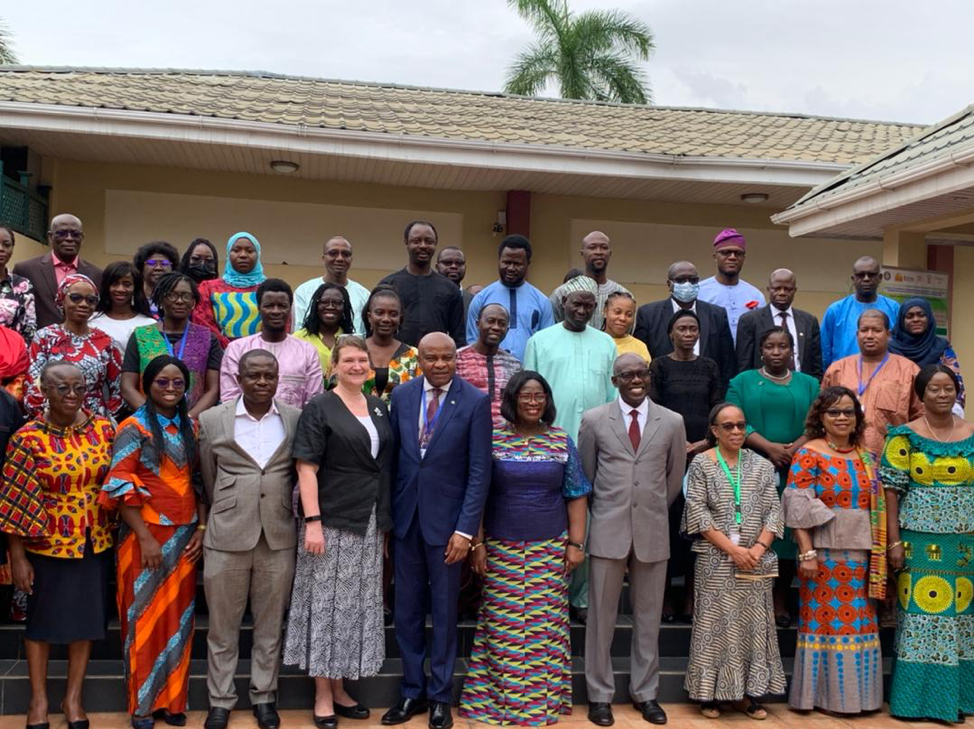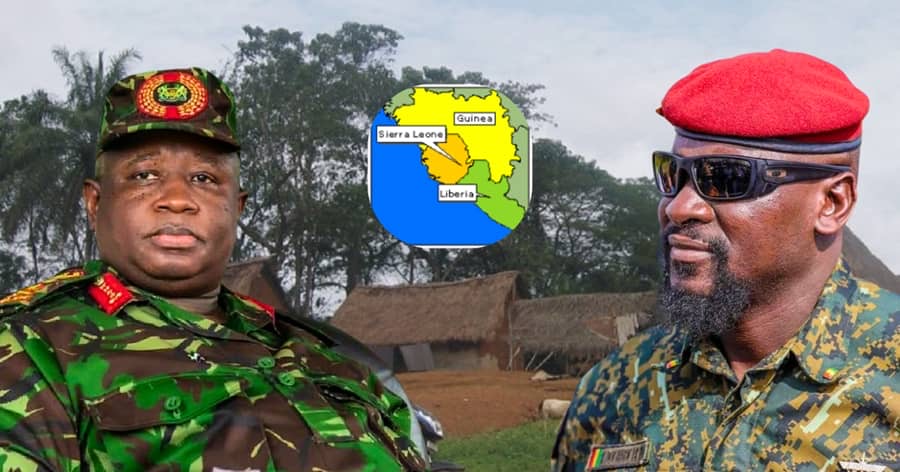
By: Sulaiman Stom Koroma.
The West African Health Organization has concluded a two-day workshop for representatives of all 15 countries of ECOWAS and members of country level communities of practice, media practitioners and civil society organizations from six countries in the sub-region. This event was hosted at the Alisa hotel in Ghana.
The workshop was part of the technical meetings preceding the ECOWAS summit of Health Ministers.
Making a statement during the opening session of the program, Dr. Ayo Palmer is COMCAHPSS advisory committee member, she spoke on the importance of collaboration among countries, as she says this is the time to move, and in doing so, countries need to move quickly because the time at hand is insufficient. She noted that, other institutions outside the health ministries are now showing interest in working with, and supporting women, girls, and adolescent issues. But says more need to be done over the next few years to show progress from lessons learned.
Ms. Kati Csaba is the Canadian High Commissioner/Ambassador to Ghana she said that, the theme of the workshop is important in these trying times as the global pandemic has created pressure on the health systems, rice in job insecurity, as well as a threat to peace and instability, has contributed to wide disparities in the health for women, newborns, children and adolescent across the world including a heavy impact on West Africa.
She continued by saying that, the research are timely because it informs them as sponsors of these challenges, because without improving the health of children, women, and adolescents it will be difficult and even impossible to meet country-led development objectives. She continued that as west African countries mark their vision for the future, it is no surprise that improving health outcomes through SDG 3 is high on this agenda.
She ended up by thanking the research teams from the six west African countries for collaborating, identifying priorities in their respective contexts, and focusing on actual evidence to inform health policies and interventions.
Representing the Ministry of Gender, Children and social protection Ms. Vera Karikari Bediako started by saying that “The nature of our world pays attention to maternal health issues and most importantly contributes to improving health-seeking behavior, particularly among pregnant women, mothers, and their children as well as adolescent”. She maintained that the Covid-19 pandemics has created economic hardship and hurt health systems, hence amplifying the need to have access to quality maternal and other health services. “empowering women and girls are essential in health and social development of families, communities and the country, as they are underrepresented in governance, leadership, decision-making, and both private and public sectors.
She climaxed by saying that promoting gender equality is crucial to sustainable development globally, regionally and nationally, as gender equity is a priority to the attainment of health, health life, and well-being for all.
Giving her key note address on behalf of the minister of health, Dr. Mrs. Martha Gyansa-Lutterodt said that the population of West Africa is increasing rapidly, and women, newborn children, and adolescents formed more than half of that population, which is why they should pay further attention to them as they are also a vulnerable demographic group.
She continued that there has been improvement from the different countries in the sub-region, though there is much to be done, an urgent need to accelerate efforts globally is paramount. “In 2017, 810 women die from preventable deaths with causes related to pregnancy with a child at birth, and sub-Saharan Africa contributed about 37 of this deaths. The SDGs proposed the reduction in under 5 mortalities to at least 25 per 100 live birth by 2030” she concluded.
Professor Stanley Okolo is the DG at WAHO- He said that the two-day policy platform gives them the opportunity to enhance the use science, facilitate exchanges around project experiences and see how they can scale up the key findings in all ECOWAS member states, which he says will go long way in improving the health of women, children and adolescent.
During the deliberations, participants at the workshop noted that several shared realities in relation to strengthening health policy and system to support women, new born, child and adolescent health and wellbeing improvement through addressing resources constraints, strengthening applied research, addressing health systems values and priorities including responsiveness among others. Participants recommended that the interventions that were presented in the meeting have the potential to help the countries complement their efforts to strengthen HPS to support WNCAW improvements.




